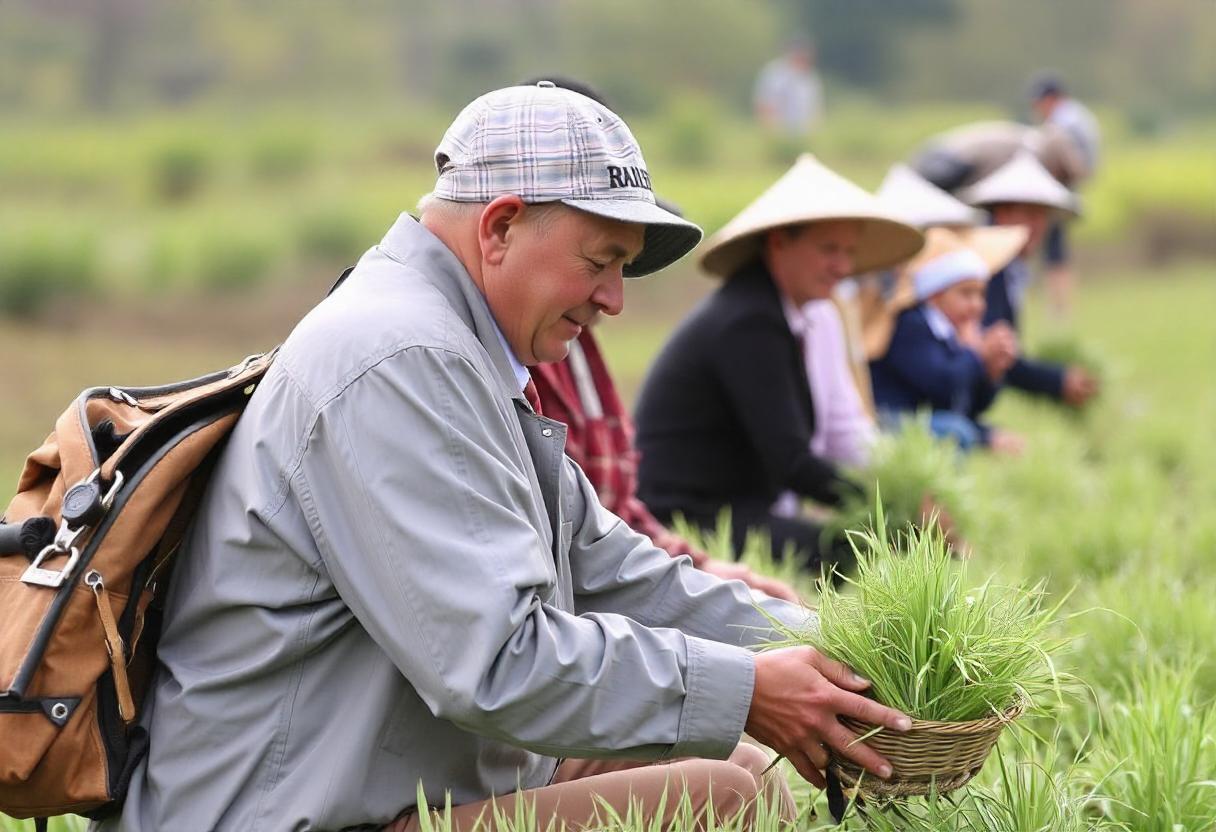
Agriculture tourism, also known as agri-tourism, is a growing trend that combines agricultural activities with tourism. It offers visitors a unique opportunity to experience farm life, learn about agricultural practices, and engage in hands-on activities. This form of tourism not only provides a fun and educational experience for travelers but also supports local farmers and rural communities.
What is Agriculture Tourism?
Agriculture tourism involves visiting farms, ranches, and other agricultural operations to learn about farming and rural life. It includes a wide range of activities and experiences, from farm stays and guided tours to hands-on workshops and seasonal festivals. The goal is to provide visitors with a deeper understanding of where their food comes from and the work involved in producing it.
Types of Agriculture Tourism Activities
Agriculture tourism encompasses various activities that cater to different interests and age groups. Some popular activities include:
- Farm Stays: Staying on a working farm allows visitors to immerse themselves in farm life. They may participate in daily chores, such as feeding animals, milking cows, or harvesting crops, and enjoy the rustic charm of rural accommodation.
- Farm Tours: Guided tours of farms and agricultural facilities offer insights into farming practices, crop production, and livestock management. Tours may include demonstrations, explanations of farm operations, and opportunities to interact with animals.
- Hands-On Workshops: Workshops provide interactive experiences where visitors can learn skills related to farming and food production. These may include cooking classes, cheese-making workshops, or gardening lessons.
- Harvest Festivals: Seasonal festivals celebrate agricultural harvests and local produce. Visitors can enjoy activities like pumpkin picking, apple cider tasting, and corn mazes, along with entertainment and local crafts.
- Farmers’ Markets: Visiting farmers’ markets allows tourists to purchase fresh, locally grown produce and artisanal products directly from the source. Markets often feature a variety of fruits, vegetables, dairy products, and homemade goods.
Benefits of Agriculture Tourism
Agriculture tourism offers a range of benefits for both visitors and host communities:
- Educational Value: Visitors gain a better understanding of agriculture, food production, and rural life. This knowledge can foster a greater appreciation for the work of farmers and the importance of sustainable practices.
- Economic Impact: Agriculture tourism provides an additional income stream for farmers and rural businesses. It can boost local economies by attracting visitors, creating jobs, and supporting related industries such as hospitality and retail.
- Cultural Exchange: Tourism fosters cultural exchange between visitors and local communities. It allows travelers to experience traditional farming practices, local cuisine, and regional customs.
- Rural Development: By promoting rural destinations, agriculture tourism helps to revitalize and sustain rural areas. It can encourage the preservation of agricultural landscapes and support community development projects.
Planning an Agriculture Tourism Experience
For travelers interested in agriculture tourism, there are several factors to consider when planning their visit:
- Destination Selection: Research destinations that offer agriculture tourism experiences. Look for farms, ranches, and rural areas that align with your interests, whether it’s organic farming, livestock, or local food.
- Seasonal Considerations: Plan your visit according to the agricultural calendar. Certain activities, such as harvest festivals or crop tours, are seasonal and may vary depending on the time of year.
- Booking and Reservations: Many agriculture tourism experiences require advance booking, especially for farm stays and guided tours. Make reservations early to secure your preferred dates and activities.
- Local Regulations: Be aware of any local regulations or guidelines related to agriculture tourism. Some areas may have specific rules for visitors, such as health and safety protocols or restrictions on farm activities.
Challenges and Considerations
While agriculture tourism offers numerous benefits, there are also challenges and considerations for both operators and visitors:
- Sustainability: Ensuring that tourism practices are sustainable and do not negatively impact the environment or agricultural operations is crucial. Operators should focus on minimizing their ecological footprint and promoting responsible tourism.
- Authenticity: Maintaining the authenticity of the agricultural experience is important for providing genuine and educational interactions. Visitors should seek out experiences that reflect real farming practices and local traditions.
- Accessibility: Ensuring that agriculture tourism experiences are accessible to a diverse range of visitors, including those with disabilities, is essential for inclusivity and broadening the appeal of rural destinations.
Agriculture tourism continues to grow as a popular and meaningful way for people to connect with the land, learn about farming, and support rural economies. With its focus on education, sustainability, and cultural exchange, it offers a unique and enriching travel experience.